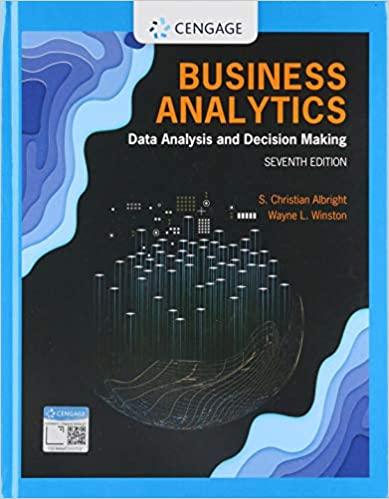Question
Reward - The power of reward is the ability to recognize or acknowledge individuals for adhering to standards or expectations, such as for reaching a
Reward- The power of reward is the ability to recognize or acknowledge individuals
for adhering to standards or expectations, such as for reaching a key project milestone
by the required date. This power is dependent on the perceived value of the rewards,
the extent to which rewards are controlled by the leader, how the rewards are used and
the fairness with which they are awarded. This power is central to the positive
reinforcement of desired behaviours and outcomes. The mix of individual and team
rewards is also pertinent to the use of this power.
Information- Information power is the ability to influence through knowledge of
certain privileged information. Power may come from sharing the information resource,
keeping it private, augmenting it, connecting facts with it or even falsifying it.
Information can also confer power through its use in supporting an argument or
position, or in having advance insight into a particular situation, such as an
organizational restructuring and the implications for specific people.
Expertise- The power of expertise is the ability to influence others based on
particular skills or specialized knowledge of a domain and their perceived value to the
project. Demonstrating such expertise garners respect for and trust in the individual's
knowledge, judgment and decisions. This respect and trust encourages a willingness to
follow that leader. For instance, Churchill was a cabinet minister in 1940 with some
experience as a war minister during the First World War. This was quite apart from his
own background as a trained officer who, as a regimental commander, served on the
Western Front, as well as having fought in the Boer War. Beyond his gifts of oratory
and character, Churchill thus had a considerable stock of expertise relevant to running a
war, which supported his leadership power with his colleagues.
Three powers given above from the textbook, reward, information and expertise Which power discussed in your course text is most important for a project manager to use during the initiating or planning phase of a new project?Why?Write one paragraph to provide two specific examples from the course text.
Three powers given above, reward, information and expertise Which power discussed in your course text is the most important during the execution or monitoring phase of the project?Why?Write one paragraph to provide two specific examples from the course text.
Step by Step Solution
There are 3 Steps involved in it
Step: 1

Get Instant Access to Expert-Tailored Solutions
See step-by-step solutions with expert insights and AI powered tools for academic success
Step: 2

Step: 3

Ace Your Homework with AI
Get the answers you need in no time with our AI-driven, step-by-step assistance
Get Started


